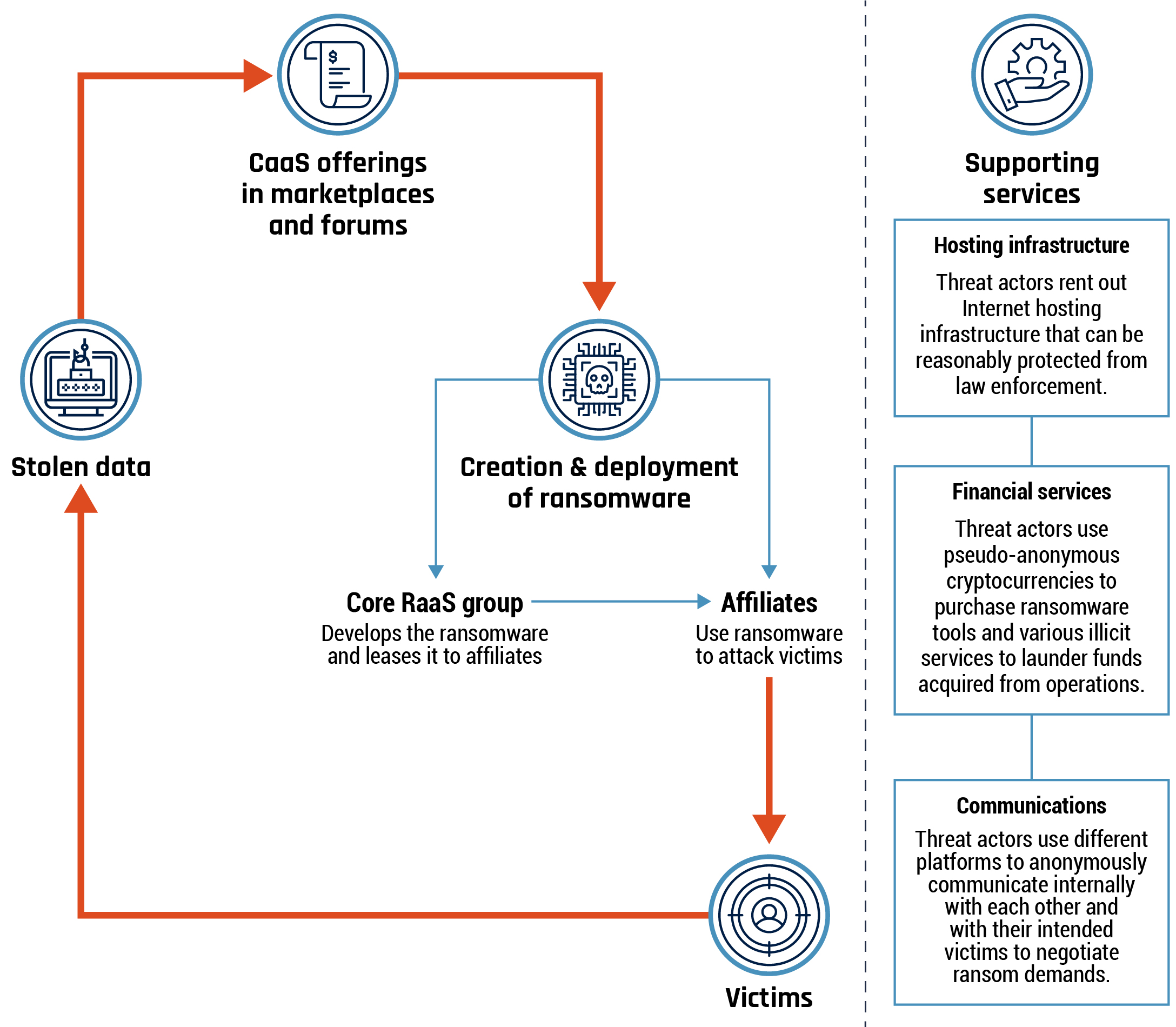
The human brain, renowned for its unparalleled computational strength and energy efficiency, has captivated scientists for ages. In spite of technological progress, computers have not yet achieved the brain’s level of processing prowess and energy usage. This has driven researchers to replicate the brain’s functions to enhance computer chip technology, addressing the surge of data in our digital era.
Tom Cassauwers emphasizes the promise of brain-inspired chips, designed to imitate neural functions, which offer remarkable enhancements in speed and energy efficiency. These chips are expected to manage the immense volumes of data generated each day while also safeguarding smart devices from cyber threats.
Researchers are focusing on the weaknesses of smart home devices like thermostats, lighting, and security systems, as these are becoming prime targets for hackers. The creation of these brain-inspired chips could transform cybersecurity, delivering a strong defense mechanism thanks to their superior processing capabilities.
This groundbreaking method aims not only to enhance computer performance but also to establish energy-efficient systems, minimizing the environmental impact of data centers globally. As brain-like computing progresses, it holds the potential to improve digital security and processing power, setting the stage for smarter and safer technological innovations.